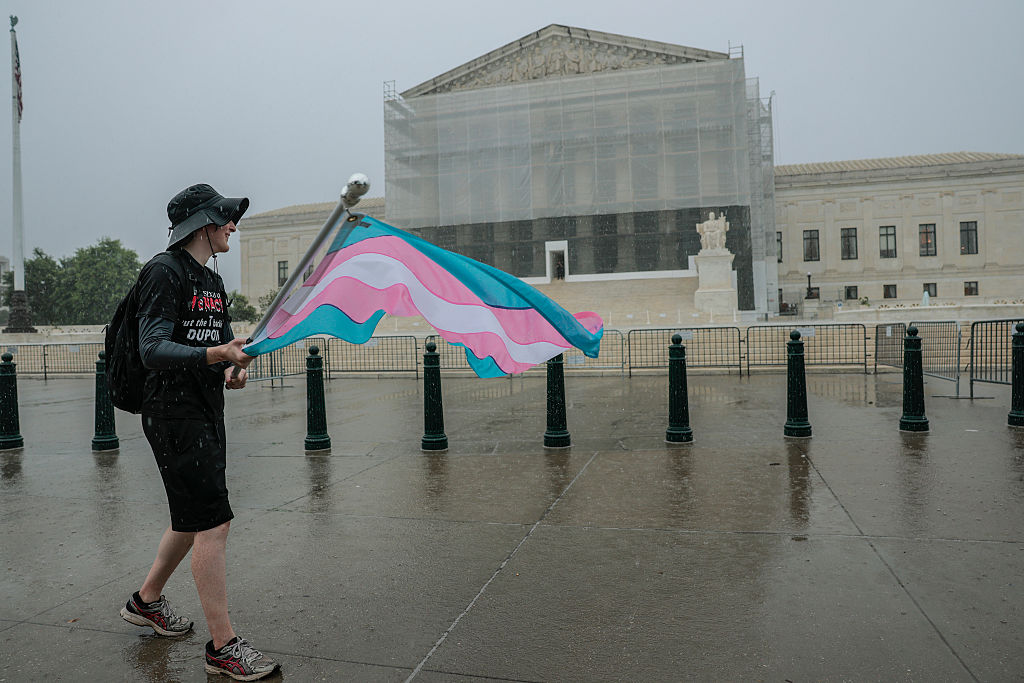Supreme Court ruling protecting LGBTQ workers could help revitalize the economy
A top Wall Street economist said the Supreme Court's ruling making it illegal to fire workers because of their sexual orientation or gender identity will provide a "quite significant" boost to the economy.
Paul Donovan, chief economist at financial firm UBS, said in a report to investors that the High Court's decision on Monday will make it easier for LGBTQ employees to move, increase economic productivity and boost consumer spending.
"In the U.S., your boss can no longer fire you if they do not like who you date," Donovan said. "That is good news for the U.S. economy."
Donovan did not put a precise figure on how much the ruling could boost the economy. But he cited an estimate that as many as 10% of U.S. workers are LGBTQ, and about half of those work in states that had previously allowed employers to fire workers based on their sexual orientation. That means the Supreme Court's ruling may have extended workplace protections to an additional 8 million Americans, he reasoned.
In 2013, the Democratic staff of the congressional Joint Economic Committee, then headed by Minnesota Senator Amy Klobuchar, published a report that cited research that discrimination based on sexual orientation lowered corporate profits and reduced overall economic growth. "Federal legislation prohibiting such discrimination could result in significant benefits to the U.S. economy," according to the report.
Donovan said the biggest boost will come from the ability of LGBTQ workers to move more freely between companies, or within them, with less fear of being fired. Companies and economies that can better match workers with their skills free of discrimination are generally more productive, he noted.
The ruling could also boost wages for LGBTQ individuals who feel freer to seek new employment opportunities. But even without higher wages, Donovan said many LGBTQ workers could increase their spending or investment. That's because, with less fear of being fired, these workers may not need as large a savings safety net.
Donovan also said the ruling could give the U.S. a competitive advantage over other nations, saying that 60% of other countries still allow discrimination against individuals in the workplace based on sexual orientation.
One potential limitation: Like other workplace restrictions, firms in the U.S. with fewer than 15 workers are exempt from most anti-discrimination rules, including those that apply to sexual orientation. And that's true even after this week's Supreme Court ruling. Donovan also notes that decision, while important, does not end workplace discrimination — it just makes it illegal.
"The problem is that a prejudiced firm is still a prejudiced firm," Donovan said in the report.



